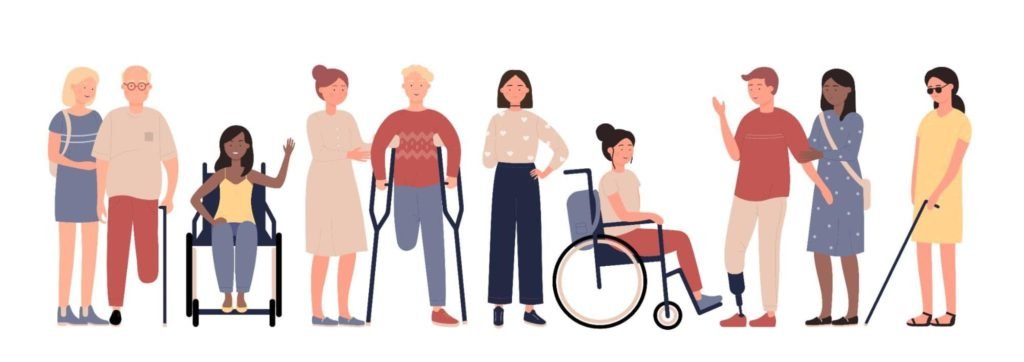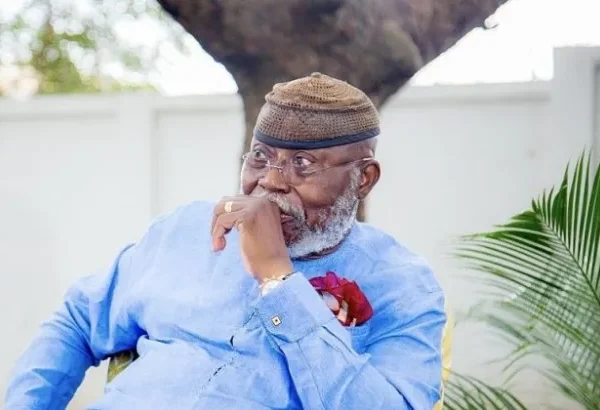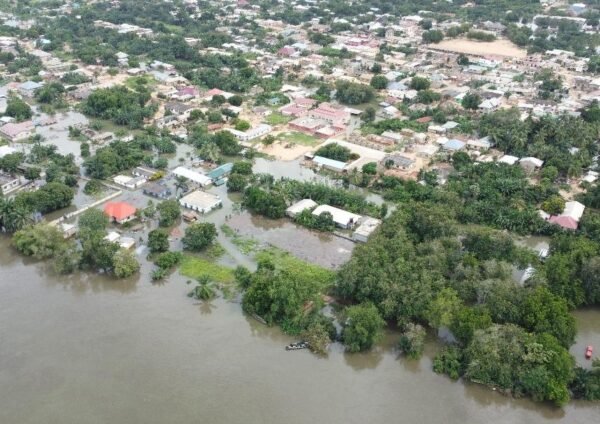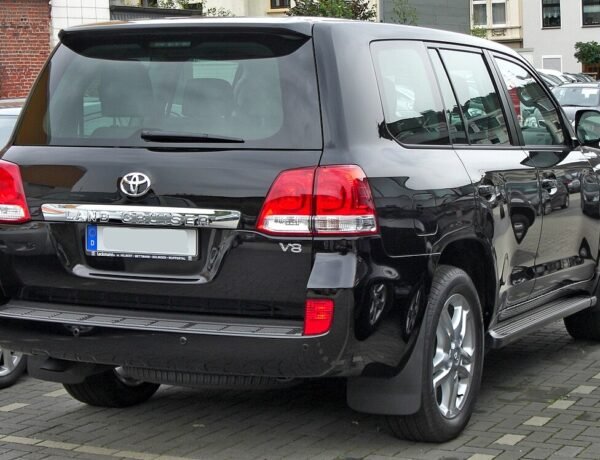Introduction
On a hot tropical afternoon in the city of Accra, in November 2023. the above sentiment was expressed by a disabled woman on the air-waves of an Accra Fm 100.5, being hosted by Bobie Ansah. The sentiment represented the plight of disgruntled disabled persons who had worked as toll-booth agents across Ghana, but had not been paid their twenty-four months salaries upon dissolution of their contracts by the minister for Roads and Highways. Inhumanely and callously as the situation is, the incident reflects the perennial mistreatment and subjugation to which disabled persons in Ghana and many African states are subjected. Despite the myriad national constitutional provisions, international conventions and protocols promulgated and signed to by African states, including Ghana, to protect the dignity of persons with disabilities, nothing dignified, nothing politically concrete and nothing socio-economically viable is being fashioned to enhance the welfare and sustenance of disabled persons as transpired in the case under review. With abject savagery, they were denied access to sanitation facilities, shelter and drinking-water within the premise of the ministry by the security personnel, acting on the orders of the sector minister. How shameful and unconscionable this is allowed to happen in today’s Ghana is beyond belief.
As a trustee of a charity -REACT Humanitarian Network, Oxford, UK- which is committed to promoting the wellbeing of disabled children in remotest parts of Ghana, in the area of education, I like to issue a disclaimer, stating that this blog post is based on my personal opinion and has nothing to do with the policy and position of the charity. Against that premise, this blog examines the status of disabled persons in Ghana and Africa in general; also, it briefly discusses the implications of the apathetic stance adopted by Ghana governments-present and past- to promote the dignity of disabled persons.
Status of Disabled Persons in Ghana and Africa
According to United Nations (UN) records, there are over eighty (80( million Africans categorised as disabled; while the 2021 Population and Housing Census held in Ghana estimated that 2,098.138 (which is eight percent of the country’s population) persons are disabled. The group of people classified as disabled in the Ghanaian and African contexts span the following: The deaf, dumbed, blind, amputees, elderly people, crippled and the physically deformed, just to mention but a few. Status-wise, disabled persons are often consigned to the lowest ebbs of societies in Ghana and Africa because they have little or no formal education; they are socio-economically depraved; they are regarded as outcasts and in some communities of Ghana and Africa, they are sources of bad luck and evils, and thus deserve no dignified or humane attention. Such an ideology and a belief system are steeply entrenched in many communities of Ghana and Africa at large. This is one of the many reasons which motivated the security personnel to savagely maltreat the disabled persons at the ministry of High Roads in Accra, Ghana. Furthermore, disabled persons in Africa live in deplorable conditions as destitute with majority of them lining up the streets of Accra, Lagos, Lusaka and Cote d’ Ivoire to beg for alms. Cheaply and in fragrant betrayal of their weak leadership skills throughout the African continent, some politicians who know no disgrace, make the lousy argument that there are beggars dotting the streets of Europe and north America too; and that, there is no qualms having some disabled people in the region of Africa. The corollary to that argument is that, no European or North America state begs for grants or loans from Africa. Interestingly, to reduce the argument to that level, it can be said that beggars in Europe and America consume fine alcoholic/liquors such as Jack Daniels, Black label, three barrels as well as Scottish whisky; and also, have limited income to patronise Budweiser, Heineken, stella Artois and Fosters among others. They further have guaranteed access to good medical health facilities without having to pay a pesewa or penny for their frequent medical needs. Although, one is conscious of the asymmetrical state of developments between the north-south divide, however, Ghana and Africa as a whole have more and adequate resources to plan and manage their economies better so as to provide humane support to their disadvantaged populations. Unfortunately, the missing link in Africa of which Ghana is a part, is limited accountable leadership, endemic corruption, compromised opposition parties and a weakened civil society, which is ignorant of its power to challenge and hold governments to deliver. These culminate in situations that dehumanise the worth not only of the disabled persons but also the states by producing outcomes with severe long-term implications that distort growth and development of the states in the region.
The Implications of failing to protect Disabled Persons
The failure by successive Ghanaian governments, including those in the African continent, to devise sound and forward-looking strategies to secure the worth of disabled persons have implications capable of derailing the socio-economic and sustainable agenda of the region as a whole.
First, the UN states that “disability exacerbates poverty, by increasing isolation and economic strain, not just for the individual but often for the affected family as well. Children with disabilities are more likely to die young, or be neglected, malnourished and poor. People with disabilities who are denied education are then unable to find employment, driving them more deeply into poverty.” There can be no political or social growth within a country or continent where a good size of the population is marginalised and discriminated against on the basis of disability. Except the state’s policy of achieving a middle-income and economic status is a farce, it needs to utilise its income and resources creatively in order to equip and deploy disabled persons to become active participants of the nation, because disability should not be a barrier but an asset.
Second, disability does not just affect the individual, but impacts on the whole community. The cost of excluding people with disabilities from taking an active part in community life is high and has to be borne by society, particularly those who take on the burden of care. This exclusion often leads to losses in productivity and human potential. The UN estimates that 25% of the entire population is adversely affected in one way or another as a result of disabilities. Thus, respective governments and their agencies should devise a carefully thought-out strategies to equip disabled persons with employable skills so as to secure gainful employment opportunities which will allow them to contribute toward societies rather than becoming liabilities and dependents on states’ resources. Failing such initiative would create severe problems for state-governments with acute political implications.
Third, for many of Africa’s disabled, assistive devices such as wheelchairs, crutches, hearing aids and prosthetics are either not readily available or unaffordable. This, combined with a lack of formal education or vocational skills, creates difficulty for the disabled seeking employment. They are unlikely to be hired because of societal disregard towards them, including systemic cultural biases which further marginalise them as outcasts and inferior group. Compared with developed states where people with disabilities are employed as governors, state-mayors, lawyers and in lucrative professional capacities, the converse is the case in Ghana and Africa. For example, Greg Abbot is wheel-chair bound, yet he is the serving governor of Texas, the second biggest state in the USA and David Blunkett, one time home-secretary in the UK. These examples are limited due to time and space but can be cited as a yardstick to guide, shape and inform national policies to protect and promote the worth of disabled persons.
Concluding Remarks
Finally, a state’s worth and reputation, is determined by the way it treats its disabled persons by ensuring that they gain sustainable access to educational and professional skills so as to secure employment opportunities to advance their socio-economic status. Sadly, majority of disabled persons are subjected to inferior status as well as marginalised to the fringes of society, as espoused in the introductory part of this blog. Seriously, life evolves and no humanity has control over future developments; so, the government and most especially the ministry for Roads and High ways, should strive to respect the dignity of the disgruntled disabled persons by paying them the outstanding salaries. For disability can happen to everybody including those politicians maltreating fellow Ghanaians.




